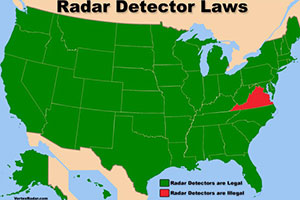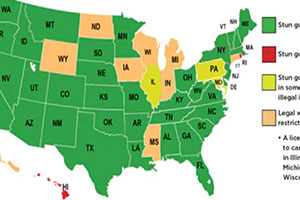Why are Raccoon Dogs illegal? Cute but Complicated
Q&A | by
Hey, wildlife enthusiasts and curious minds! Ever stumbled upon a creature so intriguing yet so wrapped in legal red tape it makes you wonder, “What’s the deal?” Enter the raccoon dog – a fluffy, adorable animal that’s neither raccoon nor dog but has piqued the interest and concern of legal authorities worldwide. Let’s unravel the mystery behind why keeping raccoon dogs as pets isn’t as straightforward as you might think.
What Exactly Are Raccoon Dogs?
First off, raccoon dogs, also known as “tanukis” in their native East Asia, are unique mammals that belong to the canid family. Despite their raccoon-like appearance, they’re more closely related to dogs, wolves, and foxes. Famous for their adaptability and omnivorous diet, raccoon dogs have a fascinating cultural significance in Japan but also an increasingly controversial presence in other parts of the world.
The Legal Quagmire
So, why the legal fuss over these critters? The reasons are multifaceted, ranging from environmental concerns to public health issues.
- Invasive Species Threat: Raccoon dogs are incredibly adaptable, which is great for them but potentially disastrous for local ecosystems. In areas where they’re non-native, they can become invasive, threatening local wildlife and disrupting ecological balances. This adaptability, coupled with a lack of natural predators in new environments, has put them on the radar of environmental protection agencies.
- Disease Carriers: These animals are known to carry and transmit various diseases, including rabies and parasitic infections like echinococcosis, posing significant risks to humans and other animals. Public health and safety concerns have led to strict regulations on their ownership and transportation.
- Impact on Agriculture: Raccoon dogs have a penchant for feasting on crops and can cause considerable damage to agriculture. This agricultural threat has made them unwelcome guests in regions striving to protect local farmers’ livelihoods.
State and Federal Regulations
In the U.S., the legal status of raccoon dogs varies by state, with some allowing them under strict permits and others banning them outright. Federal laws also come into play, especially regarding the importation and interstate movement of raccoon dogs, reflecting the complexity of managing non-native species and the diseases they may carry.
Ethical Considerations
Beyond the legal and environmental implications, there’s an ethical debate about keeping wild animals as pets. Raccoon dogs, despite their tame appearance in viral videos, are not domesticated animals. They have specific needs that can be challenging to meet in a typical household setting, leading animal welfare advocates to question the ethics of their captivity.
Navigating the Legal Landscape
For those considering a raccoon dog as a pet or interested in their status, here are some tips:
- Check Local Laws: Before taking any steps, research your state and local laws regarding exotic pets.
- Consider the Commitment: Owning a raccoon dog, where legal, comes with significant responsibilities, including understanding their health needs and environmental impact.
- Advocate for Responsible Ownership: If you’re passionate about raccoon dogs, consider advocating for responsible ownership practices and conservation efforts that protect these animals and their natural habitats.
Wrapping It Up
Raccoon dogs are a fascinating example of the complexities surrounding exotic pet ownership, invasive species management, and environmental conservation. While they might capture our hearts with their adorable faces, the legal, environmental, and ethical issues they bring to the table make them a complicated choice for a furry companion.
As we navigate the intersection of animal admiration and environmental responsibility, it’s clear that our love for the planet and its creatures must come with a commitment to making informed, legal, and ethical decisions.









